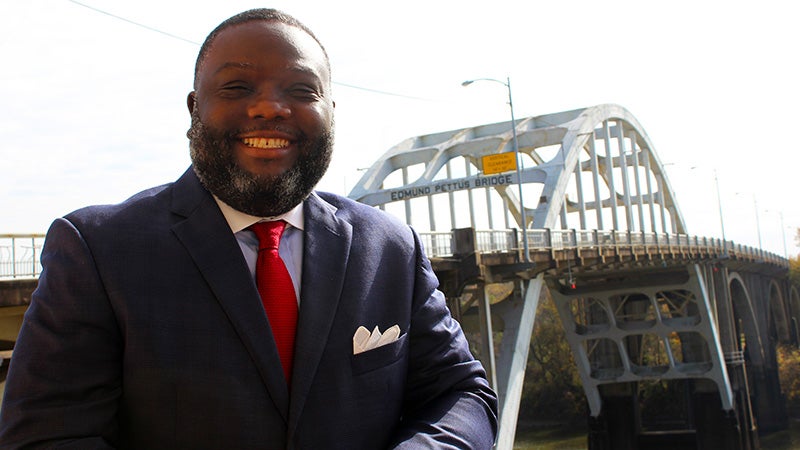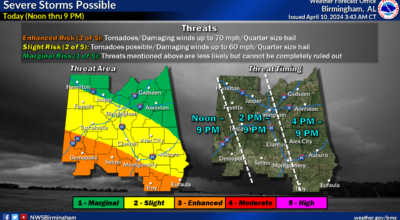Road Scholars tour Selma as part of first civil rights conference
Published 9:28 am Tuesday, February 11, 2020
|
Getting your Trinity Audio player ready...
|
Road Scholar, a not-for-profit educational travel company, concluded its first Conference on Civil Rights on Monday with a visit to the Queen City.
Road Scholar picked Montgomery for the eight-day, seven night conference because of the city’s pivotal role in the Civil Rights Movement, including the arrest of Rosa parks ad the ensuing Montgomery bus boycott that led to a Supreme Court ruling outlawing segregation on public transportation, and the Selma-to-Montgomery march that birthed th passage of the federal Voting Rights Act.
Five Motor Coach Buses filled with Road Scholars passed through Selma on Monday as they visited historic Selma landmarks like Brown Chapel A.M.E. Church, Tabernacle Baptist Church, Trinity Lutheran Church and the Edmund Pettus Bridge.
Road Scholar Senior Program Manager Carmela Cavanaugh said that Selma’s historical impact and all of the people who participated in that history are what keep the Road Scholars coming back to take in the history of the Queen City.
“We’re in Selma because of its historical impact,” said Cavanaugh. “Being able to speak with all of these wonderful people who were directly involved [in the Voting Rights Movement] is amazing.”
A bus full of Road Scholars stopped by Brown Chapel A.M.E. Church for a tour and lunch and afterwards, they heard from Charles Mauldin.
Mauldin was a 17-year-old participant in the 1965 March which is now known as Bloody Sunday.
Mauldin, a student leader within the Voting Rights Movement, was on the front lines during the March on March 7, 1965, right next to the likes of John Lewis and Hosea Williams.
Mauldin shared with the crowd gathered at Brown Chapel on Monday that he was so close to Lewis that he was able to hear the cracking sound his skull made as one of the Alabama State Troopers struck him over the head with a billy club.
Mauldin also shared with his listeners how he became involved with Voting Rights Movement as a young man and how he participated as an activist post-Bloody Sunday.
Mauldin said he was inspired by activists like Lewis, Williams and James Bevel.
“They were all just such extraordinary men,” he said.




